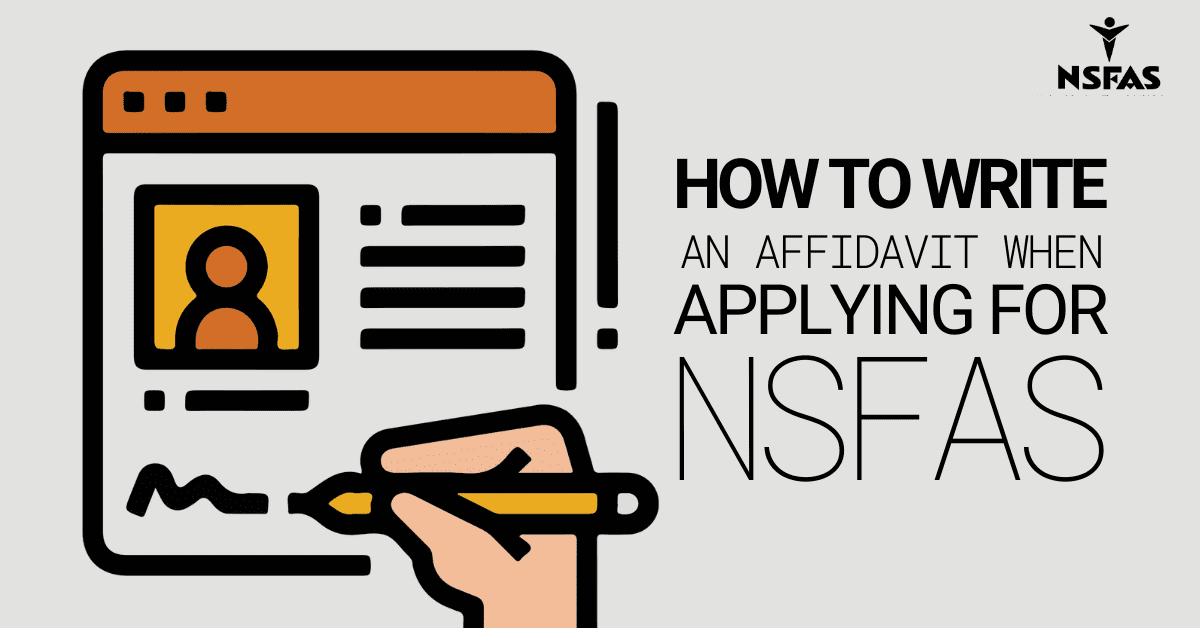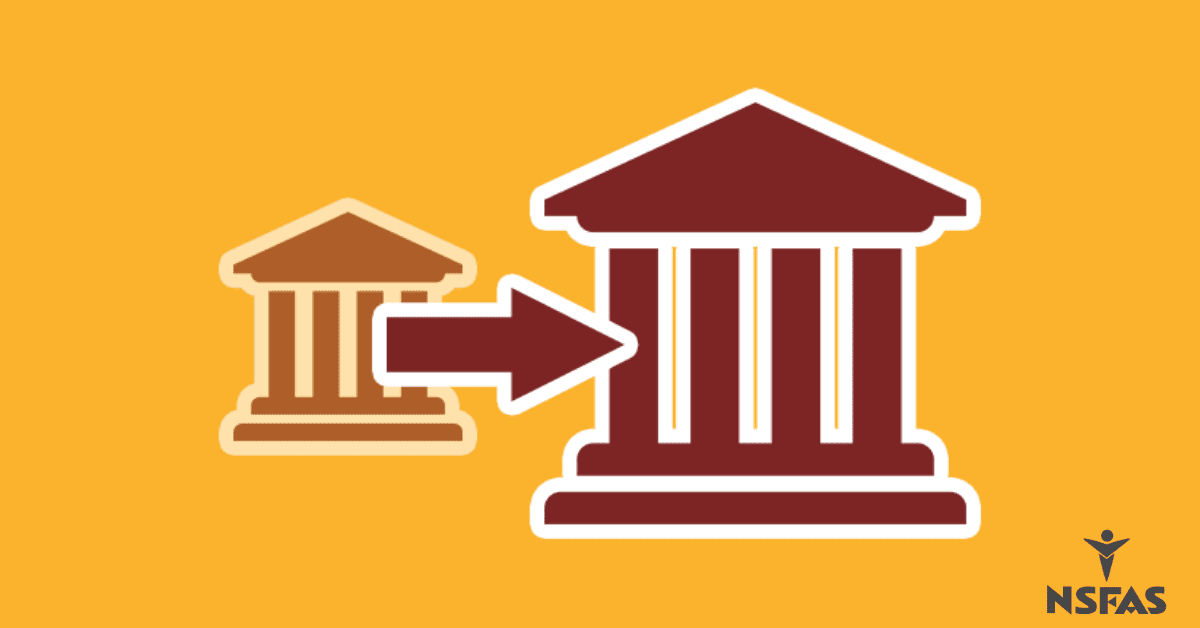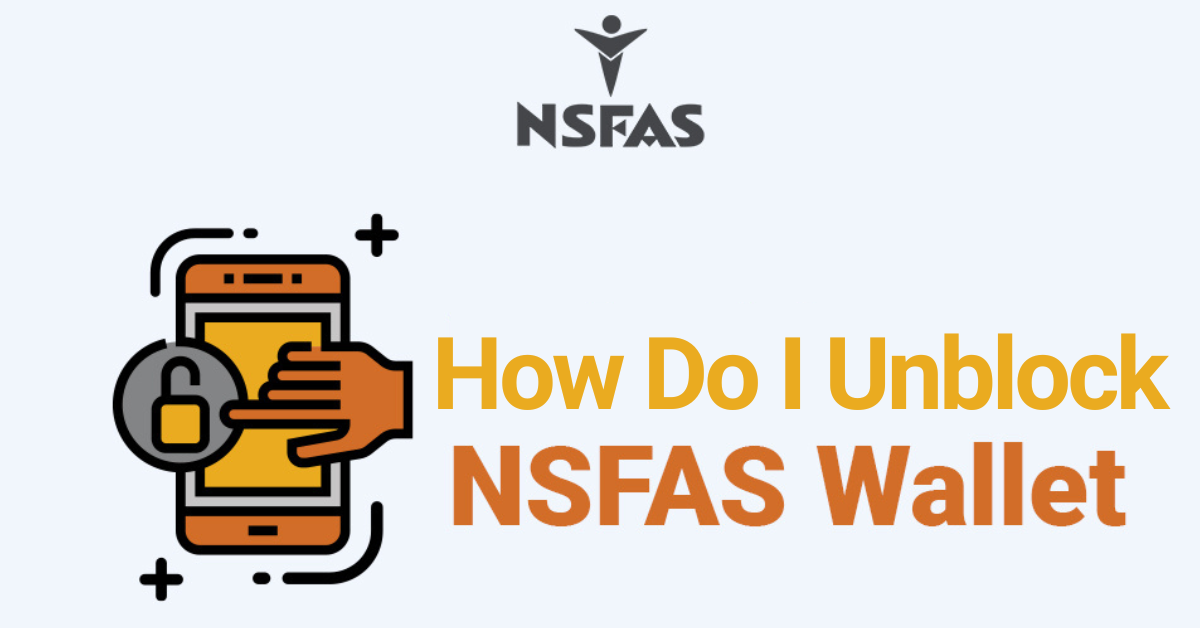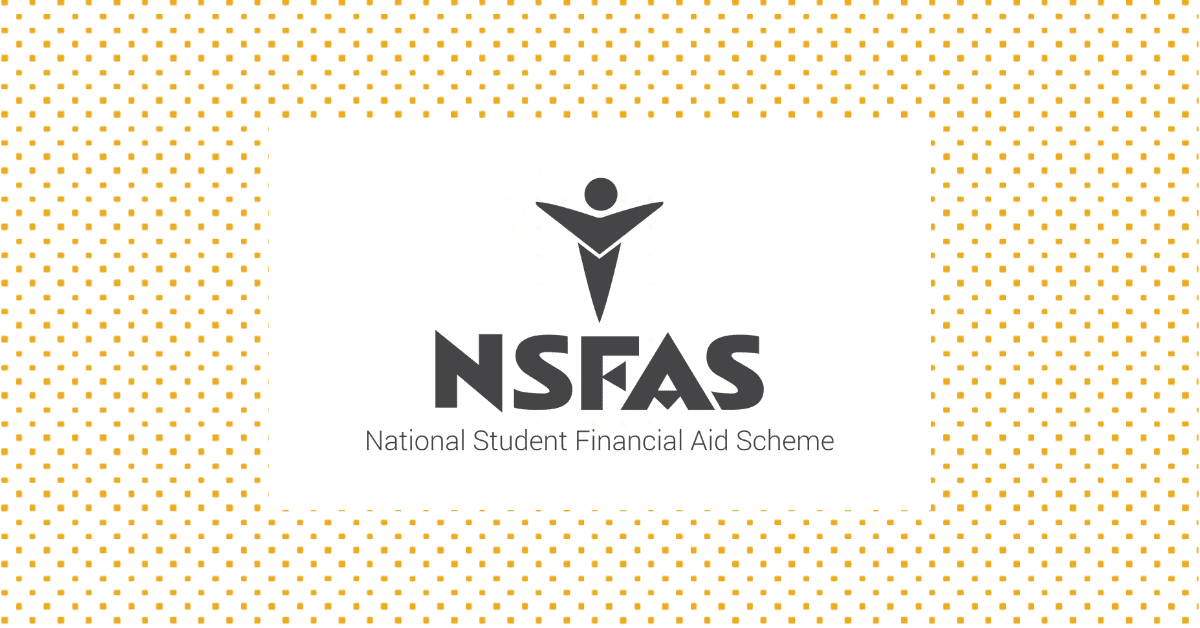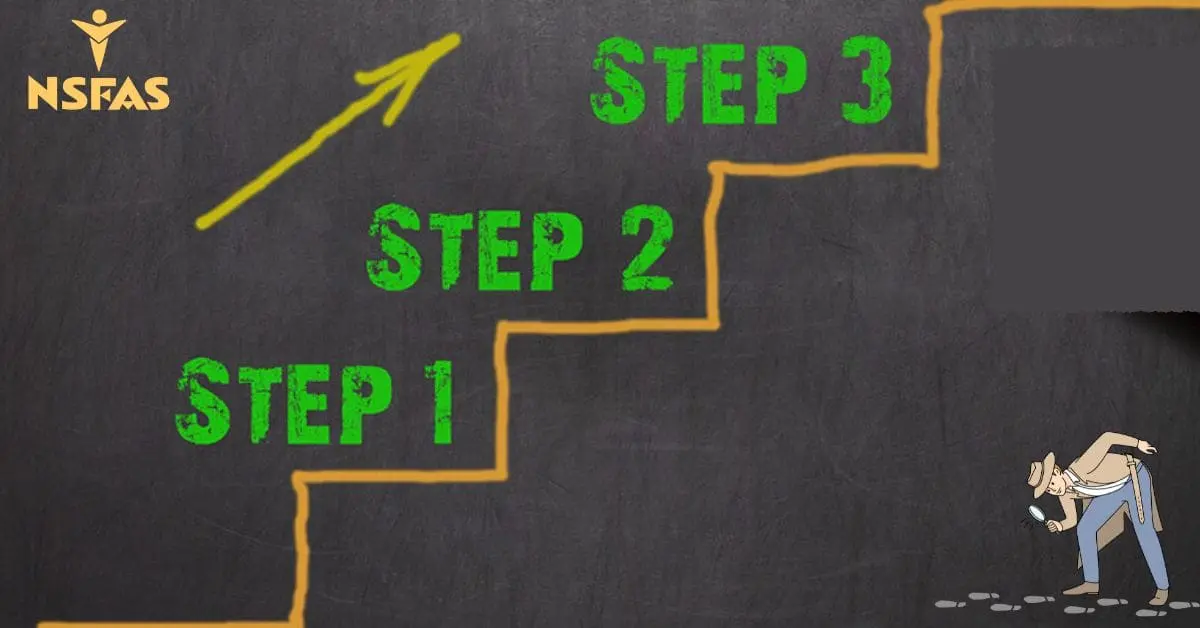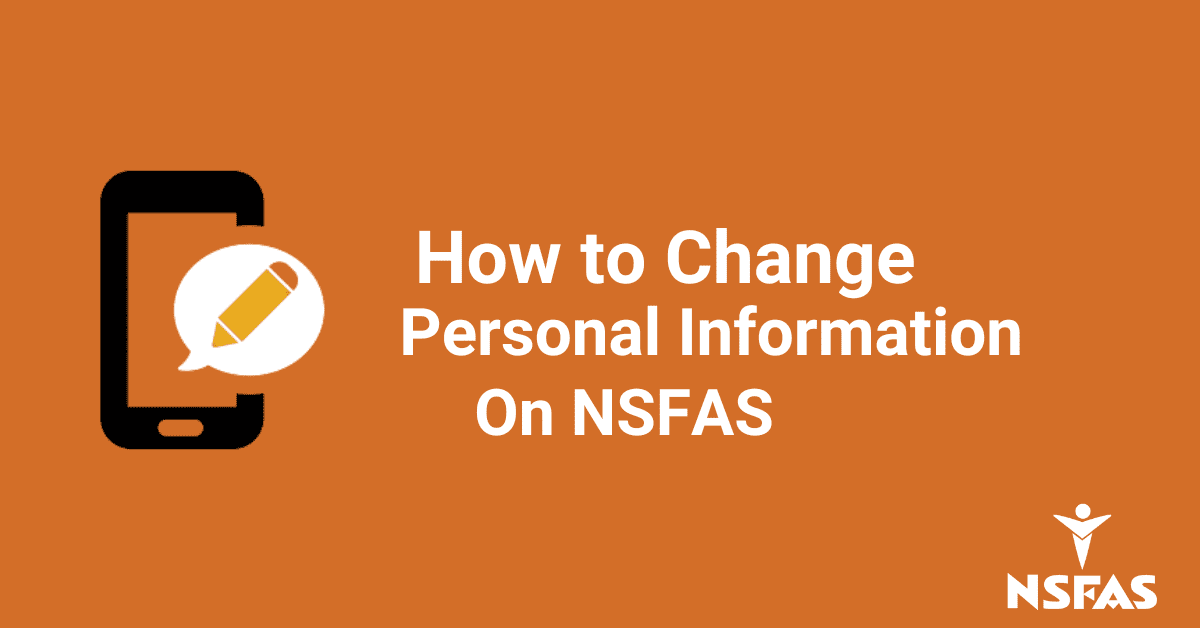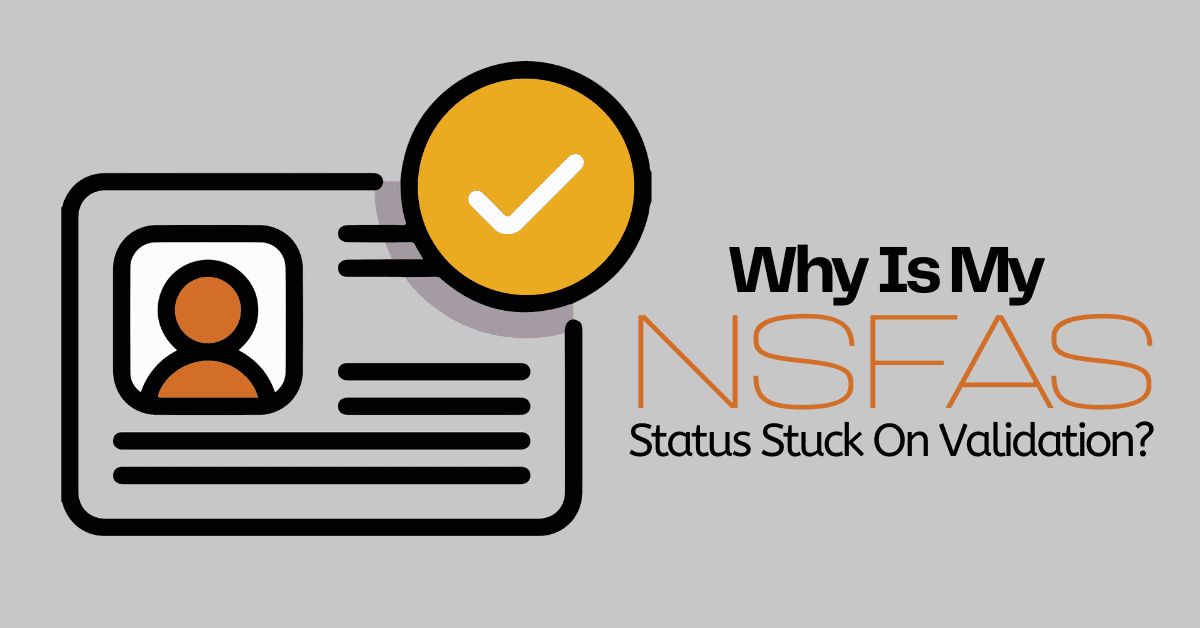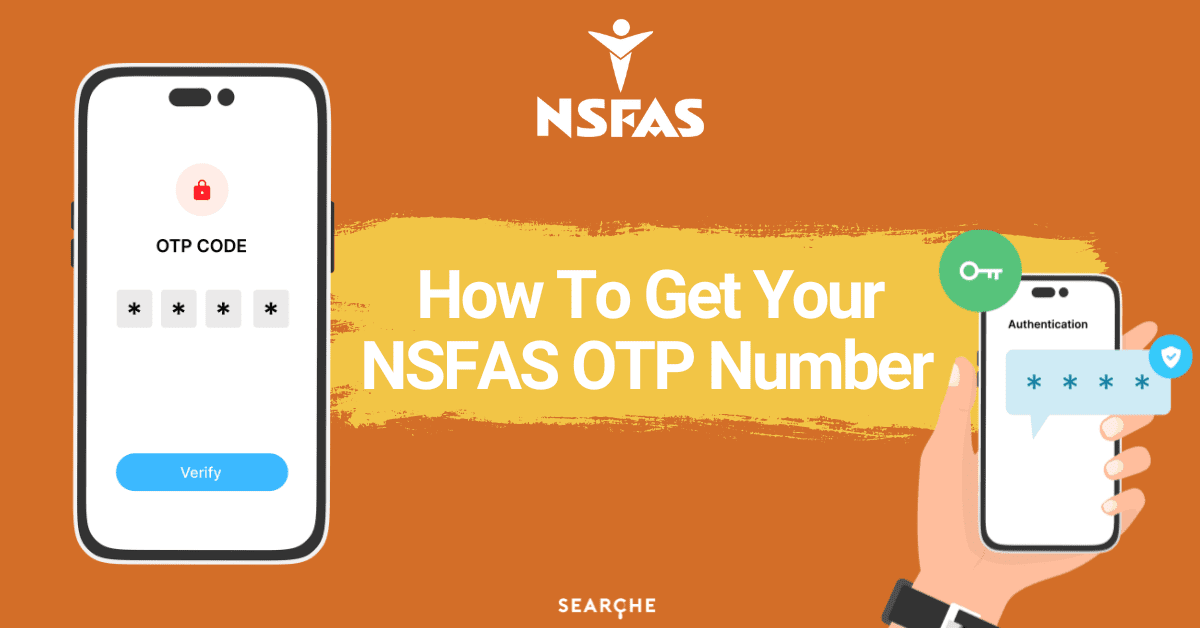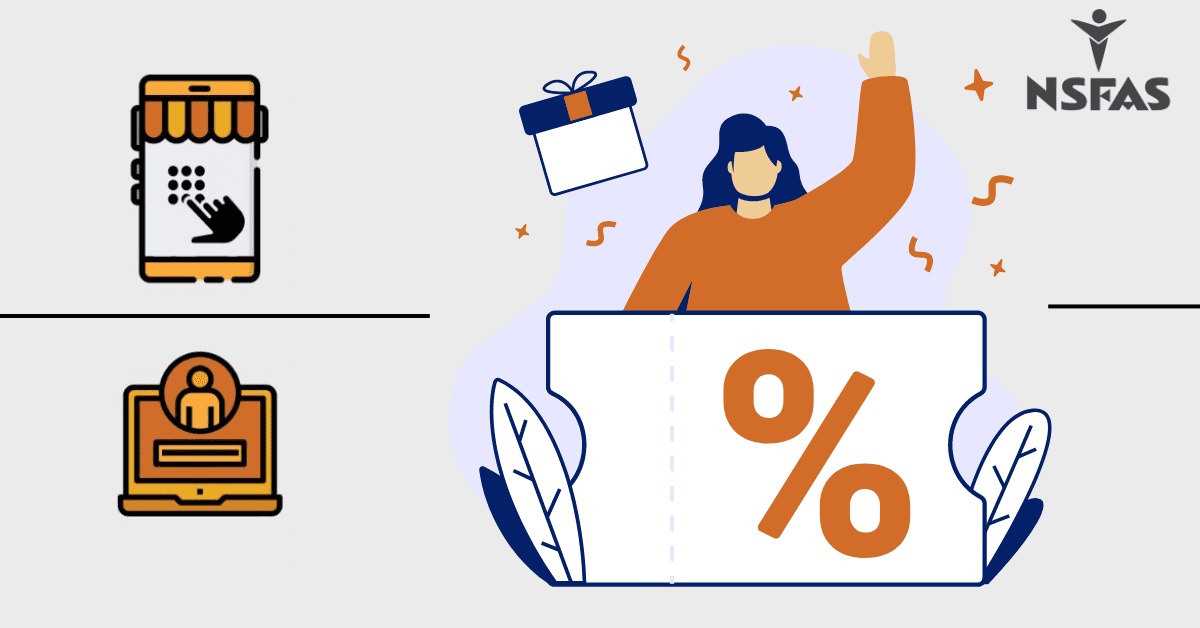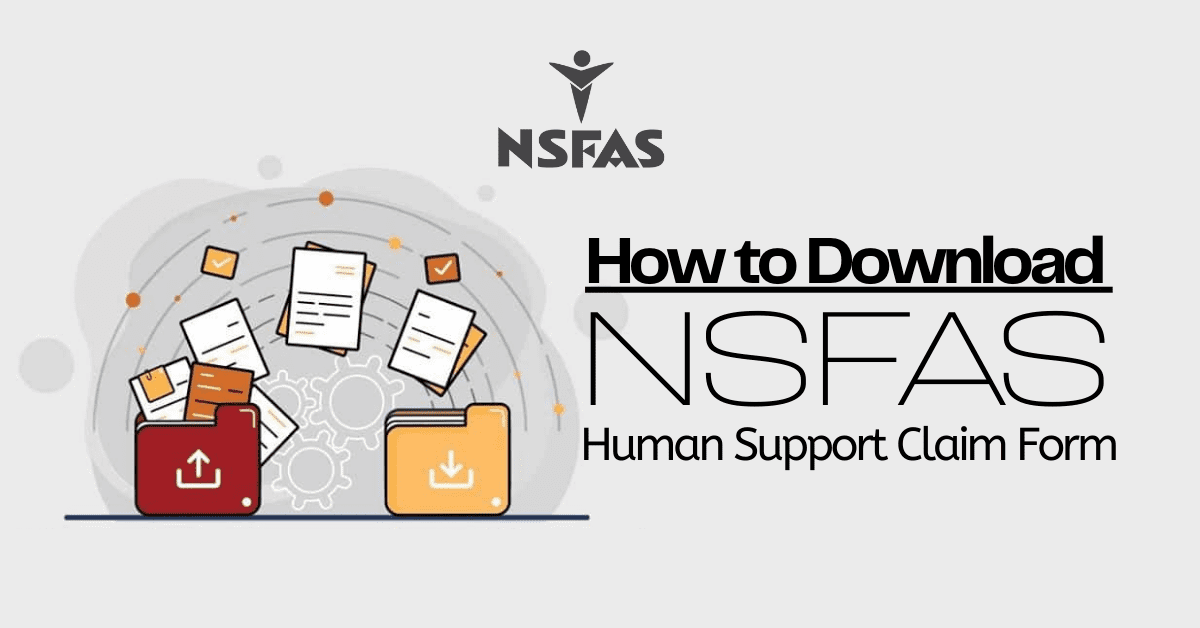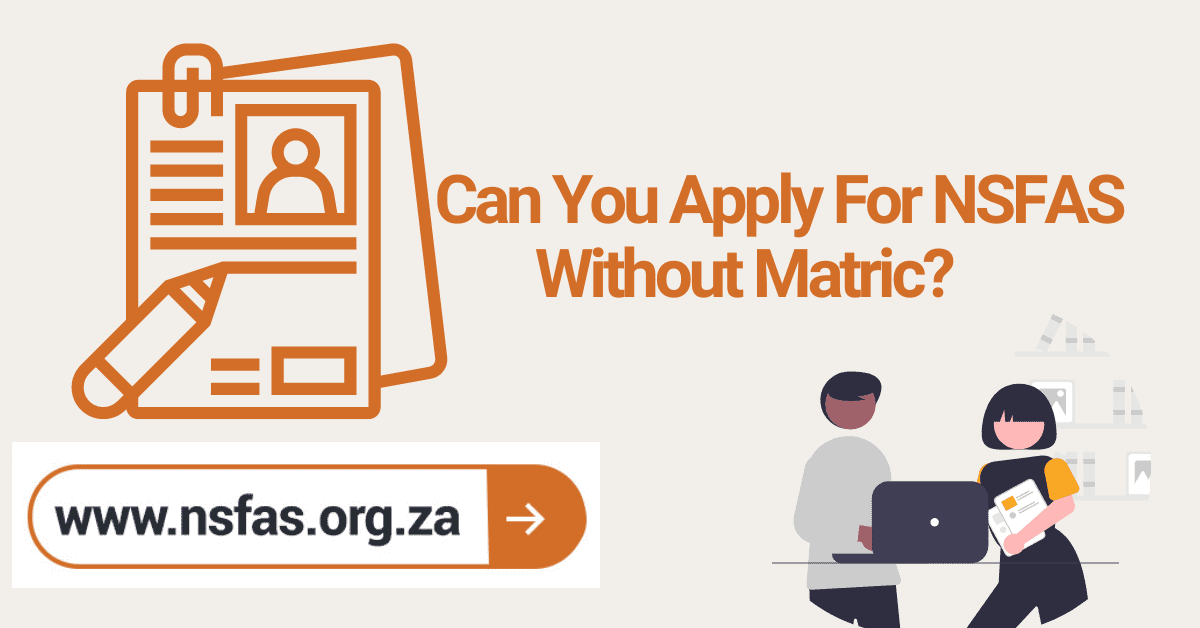The National Student Financial Aid Scheme, NSFAS, is a government-funded financial aid scheme for undergraduate students and individuals studying at public universities and technical and vocational education (TVET) training colleges in South Africa. The scheme is characterised by several rules which regulate activities and funding packages available under the scheme. One such rule is the NSFAS N+ Rule.
What Is NSFAS N+ Rule?
The NSFAS N+ Rule is a rule which prescribes and regulates the typical duration of various facilities, such as bursaries and loans, offered by the National Student Financial Aid Scheme to students whose requests for aid approvals have been approved. In its current expression, the N+1 rule, which is one variant of the rule, limits the duration of access students have to fund from the scheme as it serves as the base determinant for calculations.
According to the stipulation of the N+1 rule, students are expected to exhaust no more than N+1 years to complete studies for a degree qualification. The ‘N’ signifies the least number of years statutorily specified as required to complete studies, with the ‘+1’ suffix representing the additional number of years a student is allowed to use, hence its description as the maximum time stipulation. Students who exceed the time stipulated by this rule typically have their aid applications declined with the ‘Extended N+ Rule Enrolment’ error message displaying.
However, the enforcement of this rule is rarely absolute, as the National Student Financial Aid Scheme allows affected students to appeal rejections derived from the application of this rule.
What is NSFAS N+2 Rule
The NSFAS N+2 is a variant of the broad N+ rule. The ‘N’ signifies the least number of years statutorily specified as required to complete studies, with the ‘+2’ suffix representing the additional number of years a student is allowed to use, hence its description as the maximum time stipulation. This means that students are expected to complete their study programs in N+2 years, with the scheme’s support lasting throughout the stipulated duration. In other words, the rule defines the number of times beneficiaries of various financial aid facilities provided by the scheme can continue to access such support. This rule is better understood concerning the hypothetical example below.
Let’s say that Mr. X, enrolled in a degree program designed to last for four years, completes the program in six years owing to problems with specific modules. According to the N+2 rule, the National Student Financial Aid Scheme, NSFAS, will fund him for a minimum period of 4 years required to complete the program and for the additional two years.
According to the National Student Financial Aid Scheme: “It is important to note further that the N+2 rule is not based on the number of years that a student has been funded, but on the number of years that student has been registered for tertiary study at any public university in South Africa, regardless of institution change”“.
Can you appeal NSFAS N+ rule?
The National Student Financial Aid Scheme allows students whose applications have been rejected due to the application of the N+ rule to appeal such decisions. Appeals can be made online through the MyNSFAS Portal.
How does NSFAS N 2 rule work?
As stated earlier by the NSFAS, the N+2 rule is not based on the number of years a student has been funded but on the number of years that student has been registered for tertiary study at any public university in South Africa, regardless of institution change”. In other words, the N+2 rule is calculated using how long a student has been registered for studies at a South African public university, regardless of the duration of funding received from the National Student Financial Aid Scheme.
What does exceeded N+ rule enrollment mean?
Exceeded N+ Rule Enrollment is a message displayed for applicants who have exceeded the time limits stipulated by the N+ Rule. In other words, such an applicant must have been registered for studies for some time longer than the minimum and maximum durations specified by the N+ rule.
The NSFAS has comprehensively explained this message in a post on Twitter dated April 3, 2020. According to the tweet, ‘When NSFAS states the reason for your unsuccessful funding application as: ‘you have exceeded the N+2 rule, this means that you have been studying longer than the minimum allocated time for your (sic) as well as the extra two years you have been given to complete your qualification’.
Can NSFAS fund me for six years?
Funding from the National Student Financial Aid Scheme is available for five years with no exceptions.
How Can You Appeal An N+ Rule?
To appeal the N+ Rule, one has to undertake the following simple steps:
- Log on to MyNSFAS account
- Select ‘Track Funding Progress’ option in the subsequent interface
- Click on ‘Submit Appeal’ tab
- On the ‘Application Appeal’ page that opens subsequently, select the reason for appeal
- Upload supporting documentation
- Click ‘Submit Appeal’

